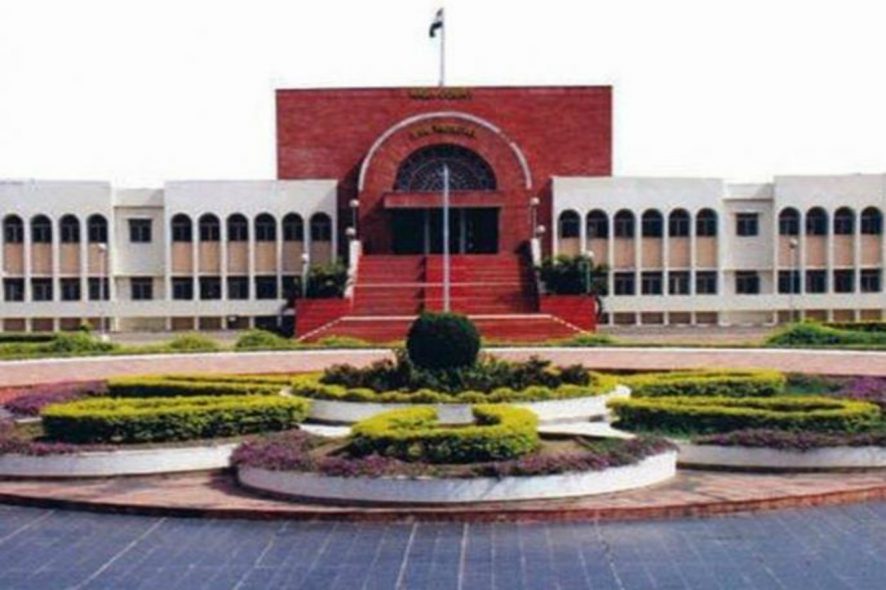Bombay High Court: A Division Bench comprising of R.M. Borde and Vibha Kankanwadi, JJ. of the Aurangabad Bench of the Bombay High Court rejected a petition asking for donation of kidney by a 32 year old ‘mentally challenged’ man to his brother.
The counsel for the petitioners contended that the petitioner was ‘mentally ill’ instead of ‘mentally retarded’ and hence, is in a position to give informed consent by relying on Sonia Ajit Vayklip v. Hospital Committee, Lilavati Hospital and Research Centre, (2012) SCCOnLine Bom 64. Invoking the ‘best interest test’, the petitioners had further argued that the survival of the brother with the kidney ailment would be advantageous for the ‘mentally challenged’ brother since he would be properly looked after by his brother.
The Court in this regard noticed the petitioner’s state of mind and observed that the decision-making power is severely impaired and also observed the Latin maxim, ‘dura lex sed lex’, meaning that ‘the law is hard but it is the law’ and further stated, “The restriction on removal and transplantation of human organs or tissues or both contained in sub-section 1(C) of Section 9 of the Act in respect of mentally challenged person is an absolute prohibition” thereby, rejecting the petition. [Ganpatrao v. State of Maharashtra, 2017 SCC OnLine Bom 9419, decided on 21.12.2017]







